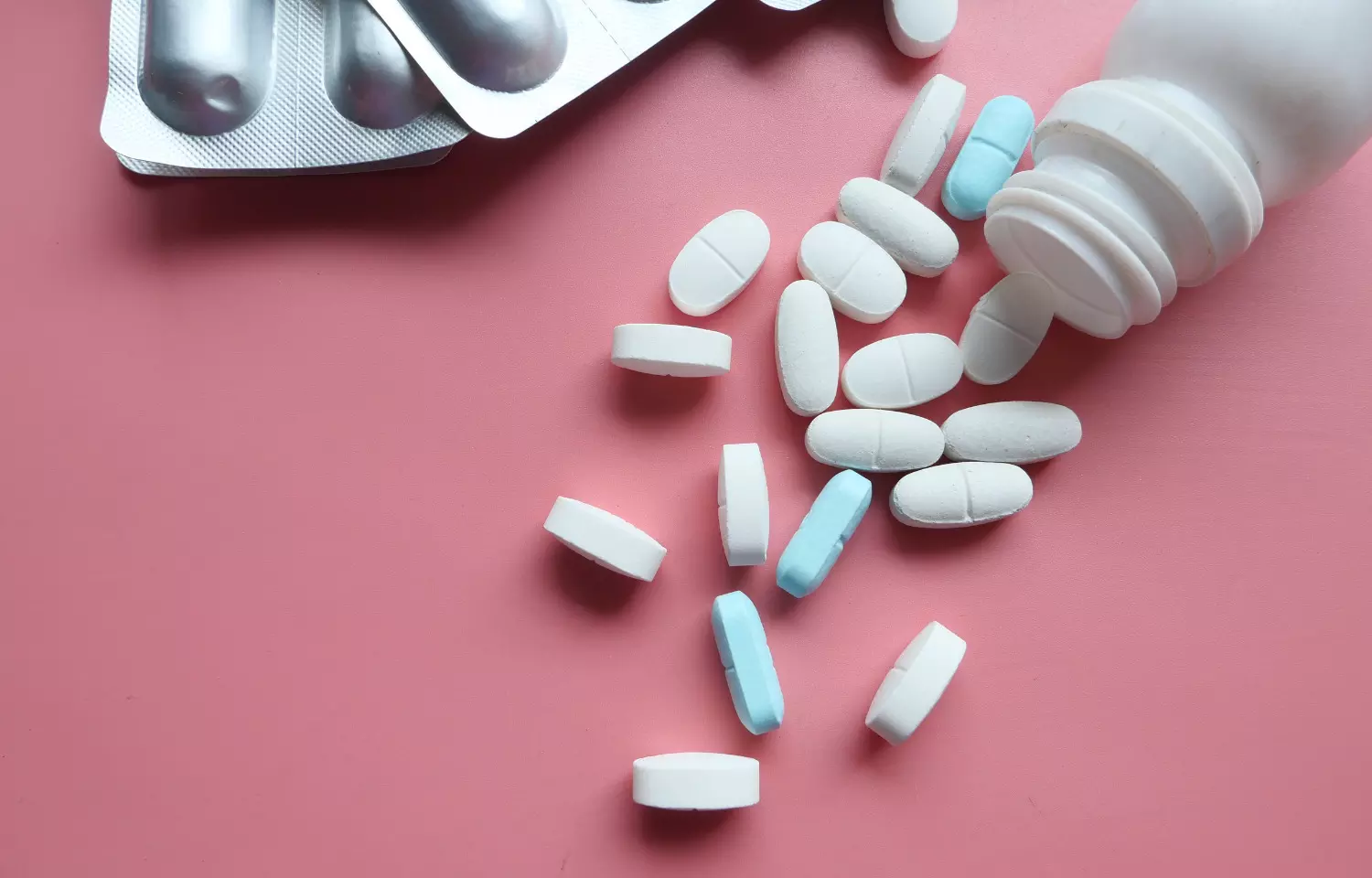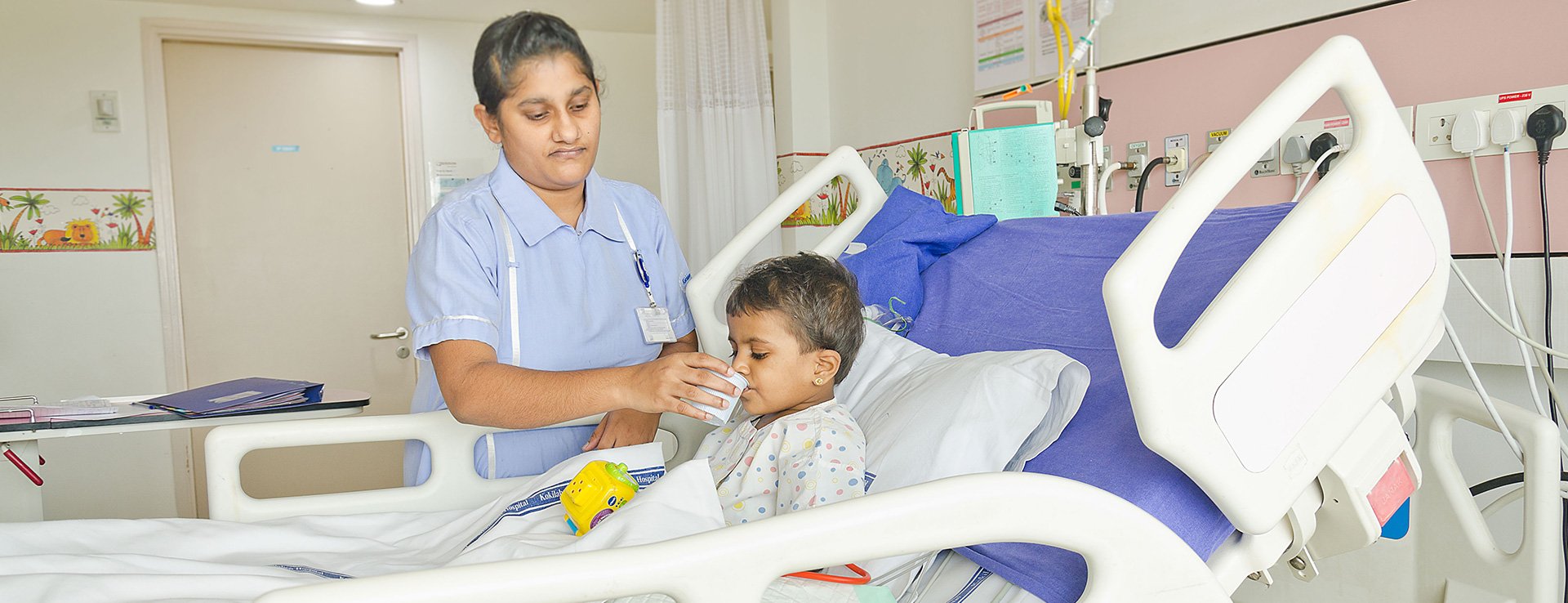Exploring the Potential of Made in India Drugs in Treating Rare Diseases 2023

Exploring the Potential of Made in India Drugs in Treating Rare Diseases 2023
India might benefit from these endeavours by strengthening its local production of medicines for uncommon diseases.
The healthcare industry is crucial for promoting overall health and wellness—the nation’s population. However, regarding rare diseases, the availability of affordable and effective treatments becomes a significant challenge. A growing focus has recently encouraged manufacturing made-in-India drugs for occasional disease treatment.

Approximately 96 million people in India today suffer from rare medical diseases, and tragically, they have very little or no access to essential medicines. These uncommon disorders frequently need an average of seven years to diagnose, leaving little time for efficient treatment. Furthermore, even when a diagnosis is made, most therapies are either out of reach for the typical individual or unavailable in India.
Due to the rarity of these illnesses, pharmaceutical firms are hesitant to spend money researching and developing medication therapies. Because of this, these essential medical goods are neglected, given the moniker “orphaned,” and given little to no future development or accessibility for people who rely on them.
Tragically, less than 10% of people with rare diseases globally have had access to medicines tailored to their needs. This number is incredibly depressing because these ailments are often chronic, progressive, and incapacitating. Unbelievably, half of those who suffer from uncommon diseases are youngsters, and a third of them will sadly not live to see their birthday.

Even though there are only known cures for around 5% of rare diseases, many people can still enjoy an enhanced quality of life with proper care. Unfortunately, the main problem is the outrageous cost of the drugs needed to treat uncommon disorders, which is worse because none of these drugs are made in India. Patients and their families financial struggles are made worse by a lack of proper insurance coverage or financial aid.
Understanding Medical Conditions:
Orphan diseases, also referred to as rare diseases, impact only a small portion of the population. A small portion of the people. Due to their limited prevalence, these diseases often receive less attention from pharmaceutical companies, resulting in a lack of approved treatments. Patients suffering from rare diseases face tremendous difficulties in accessing appropriate medications, leading to prolonged suffering and decreased quality of life.

The Need for Made-in-India Drugs:
India is renowned for its pharmaceutical industry, one of the largest in the world. However, despite this prowess, there is a significant gap in the availability of domestically manufactured drugs for rare diseases. Many patients are forced to rely on imported medications, which are often expensive and inaccessible. By encouraging the production of made-in-India medicines, the government and the pharmaceutical industry can address this issue and provide cost-effective treatment options to needy patients.
Benefits of Manufacturing Made in India Drugs for Rare Diseases:
- Cost Reduction: Importing drugs for rare diseases often results in exorbitant prices due to various factors such as transportation costs, import duties, and currency exchange rates. Manufacturing these drugs domestically would significantly reduce costs, making treatment more affordable.
- Accessibility: The availability of made-in-India drugs would improve accessibility for patients across the country. Local production reduces supply chain complexities, ensuring a steady and reliable supply of medications to healthcare facilities and pharmacies.
- Boost to Indian Pharmaceutical Industry: Encouraging the production of drugs for rare diseases will provide a significant boost to the Indian pharmaceutical industry. It will foster research and development in this domain, encouraging innovation and enhancing the country’s reputation as a global leader in healthcare.
- Employment Opportunities: Expanding the pharmaceutical industry would create new job opportunities, ranging from research and development to manufacturing and distribution. This would contribute to economic growth and provide a skilled workforce in the healthcare sector.
Government Initiatives:
Recognizing the importance of manufacturing made in India drugs for rare diseases, the government has taken several steps to encourage their production. These initiatives include:
- Financial Incentives: The government has introduced various financial incentives, such as tax benefits and grants, to promote research and manufacturing in rare diseases. These incentives attract pharmaceutical companies to invest in developing drugs for these conditions.
- Regulatory Support: The government has streamlined the regulatory framework to expedite the approval process for rare disease drugs. This reduces the time taken for clinical trials and accelerates the availability of treatments to patients.
- Collaboration and Partnerships: The government has fostered collaborations between pharmaceutical companies, research institutions, and patient advocacy groups. This synergy promotes knowledge sharing, accelerates research, and facilitates the development of innovative treatments.
Long overdue, including rare illnesses in India’s Universal Healthcare Coverage (UHC) agenda, would ensure afflicted persons have fair access to healthcare and improve their support and treatment. The local pharmaceutical industry must be prioritized in the national policy and regulatory framework for rare illnesses, and R&D funding must increase. Accessibility may be improved by simplifying rules for orphan drug approval. It is crucial for all parties involved to work together, including the government, medical professionals, the pharmaceutical sector, academic institutions, and patient advocacy organizations. Together, they can create specific regulations and solid regulatory frameworks to ensure that people with rare diseases receive the appropriate care and treatment.

Encouraging the manufacture of made-in-India drugs for rare disease treatment is a significant step towards improving healthcare accessibility and affordability in the country. By leveraging the expertise of the Indian pharmaceutical industry and implementing supportive government policies, we can bridge the treatment gap for rare diseases and ensure a better quality of life for patients. This initiative benefits individuals suffering from rare diseases and strengthens India’s position as a global leader in healthcare innovation and manufacturing.



